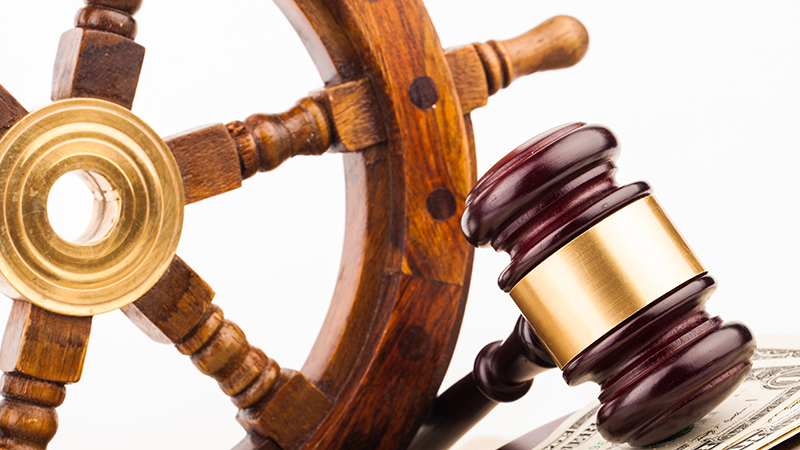Intellectual Property (IP) refers to the legal rights granted to creators for their works, inventions, or brands. These rights are crucial for protecting creativity, innovation, and investments. However, enforcing IP laws effectively in Nigeria remains a challenge. Let’s explore the key issues and the opportunities to strengthen IP enforcement in the country.
Challenges of Intellectual Property Enforcement in Nigeria,
Weak Legal Framework
Nigeria’s IP laws, including those governing copyright, patents, and trademarks, are outdated.
Many of these laws were inherited from colonial times and do not address the complexities of modern technology, e-commerce, or digital piracy.
Inadequate Awareness
Many creators, businesses, and even law enforcement agencies are unaware of the full scope of IP rights.
This lack of awareness often results in limited enforcement or reluctance to pursue legal action.
High Cost of Enforcement
Filing IP-related lawsuits is expensive, often making it inaccessible for small businesses or individual creators. Prolonged court cases further discourage enforcement efforts.
Corruption and Inefficiency
Corruption within enforcement agencies and the judicial system undermines IP enforcement.
Bribery and delayed judgments can discourage IP owners from seeking justice.
Prevalence of Counterfeiting and Piracy
Nigeria is a hotspot for counterfeit goods, including pharmaceuticals, electronics, and fashion.
Digital piracy is rampant, with illegal downloads and unauthorized streaming of music, movies, and software being widespread.
Lack of Specialized IP Courts
Cases involving IP rights often get lost in the general court system, which is already burdened with a backlog of cases. The absence of judges with specialized knowledge of IP laws leads to inconsistent judgments.
Opportunities to Improve IP Enforcement
Updating IP Laws
Modernizing Nigeria’s IP laws to address current challenges such as digital piracy and e-commerce is critical. Aligning with international treaties, such as the World Intellectual Property Organization (WIPO) agreements, can improve enforcement standards.
Public Awareness Campaigns
Educating creators, businesses, and the public on the importance of IP rights can encourage compliance and reporting of violations. Media campaigns, workshops, and partnerships with trade organizations can spread awareness.
Strengthening Law Enforcement
Training law enforcement officers and customs officials on IP-related matters can help them identify and act against counterfeit goods and IP violations. Setting up specialized anti-counterfeiting units can boost enforcement efforts.
Establishing Specialized IP Courts
Creating courts focused solely on IP cases can lead to faster and more consistent rulings. Judges with expertise in IP law can handle cases more effectively.
Leveraging Technology
Technology can help monitor and combat online piracy. For example, AI-powered tools can detect and take down pirated content on digital platforms. IP registration processes can also be digitized to make it easier for creators to protect their works.
Collaboration with Global Partners
Partnering with international organizations, such as WIPO and Interpol, can provide Nigeria with technical assistance, funding, and training to tackle IP crimes. Cross-border collaborations can help address counterfeiting networks that operate beyond Nigeria’s borders
CONCLUSION
While Intellectual Property enforcement in Nigeria faces significant challenges, there are opportunities to address these issues through legal reforms, education, and collaboration. Strengthening IP enforcement is not just about protecting creators; it also fosters innovation, attracts foreign investments, and boosts economic growth. With the right steps, Nigeria can create an environment where intellectual property is respected and protected.









